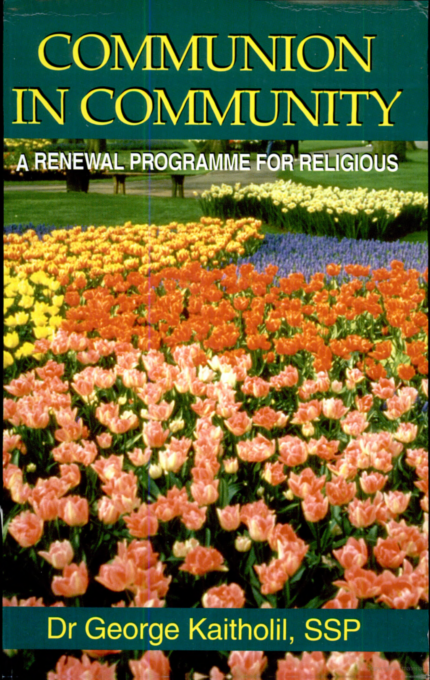RELIGIOUS OBEDIENCE IN AFRICA
₦1,750.00
Religious Obedience in Africa: A Cultural Phenomenon
Religious obedience holds a significant place in the cultural fabric of Africa. With its diverse population and rich religious traditions, the continent showcases a remarkable display of devotion and adherence to spiritual practices. From the ancient rituals of indigenous African religions to the spread of Christianity and Islam, religious obedience has become an integral part of African society.
The Influence of Indigenous African Religions
Indigenous African religions, such as Yoruba, Vodun, and Santeria, have long played a crucial role in shaping the religious landscape of the continent. These belief systems emphasize the importance of obedience to the deities and spirits that govern various aspects of life. Rituals, sacrifices, and ceremonies are performed to maintain harmony and seek blessings from the divine. The concept of religious obedience in these traditions is deeply ingrained in the cultural identity of African communities.
The Rise of Christianity and Islam
With the arrival of European colonizers, Christianity and Islam gained prominence in Africa. These religions brought with them their own notions of religious obedience, which were adopted by many Africans. Today, Christianity and Islam have become the two largest religious affiliations on the continent. Followers of these faiths adhere to the teachings of their respective holy texts and strive to live in accordance with the principles of their faith.
The Significance of Religious Obedience
Religious obedience in Africa serves as a guiding force for individuals and communities alike. It provides a moral compass, instills discipline, and fosters a sense of community cohesion. Obedience to religious practices and teachings is seen as a pathway to spiritual growth, societal harmony, and personal well-being. It is through religious obedience that Africans express their devotion, seek guidance, and find solace in their faith. In conclusion, religious obedience in Africa is a cultural phenomenon that encompasses a wide range of traditions and beliefs. Whether rooted in indigenous African religions or influenced by Christianity and Islam, obedience to religious practices plays a vital role in shaping the lives of individuals and communities. It is a testament to the deep spiritual connection that Africans have with their faith and the significance they attribute to religious obedience.
Size and packaging guidelines
Fermentum scelerisque hendrerit parturient nullam enim lobortis litora parturient dictumst.
Potenti a quisque tincidunt venenatis adipiscing parturient fermentum nisl tincidunt amentu.
Scelerisque conubia lobortis a condimentum ad eleifend dui integer maecenas habitant nostra.
| Specification | Chair | Armchair | Sofas |
| Height | 37" | 42" | 42" |
| Width | 26.5" | 32.5" | 142" |
| Depth | 19.5" | 22.5" | 24.5" |
| Assembly Required | No | No | Yes |
| Packaging Type | Box | Box | Box |
| Package Weight | 55 lbs. | 64 lbs. | 180 lbs. |
| Packaging Dimensions | 27" x 26" x 39" | 45" x 35" x 24" | 46" x 142" x 25" |
MAECENAS IACULIS
Vestibulum curae torquent diam diam commodo parturient penatibus nunc dui adipiscing convallis bulum parturient suspendisse parturient a.Parturient in parturient scelerisque nibh lectus quam a natoque adipiscing a vestibulum hendrerit et pharetra fames nunc natoque dui.
ADIPISCING CONVALLIS BULUM
- Vestibulum penatibus nunc dui adipiscing convallis bulum parturient suspendisse.
- Abitur parturient praesent lectus quam a natoque adipiscing a vestibulum hendre.
- Diam parturient dictumst parturient scelerisque nibh lectus.
Scelerisque adipiscing bibendum sem vestibulum et in a a a purus lectus faucibus lobortis tincidunt purus lectus nisl class eros.Condimentum a et ullamcorper dictumst mus et tristique elementum nam inceptos hac parturient scelerisque vestibulum amet elit ut volutpat.























Reviews
There are no reviews yet.